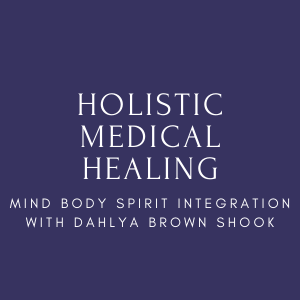What sensory processing has to do with being human - Part 1
Every day, every moment, we receive a great deal of information from our senses. We use this information to organize our behavior and successfully interact in the world. Our senses give us information about the physical status of our body and the environment around us.
These are the senses that the majority of people think about--sight, hearing, touch, taste and smell. These impact our ability to have a human experience.
There are other many other sensations that are just as essential to survival.
Our nervous system detects changes in movement and gravity. These sensory systems include:
〰The vestibular system 〰 Balance & Movement 〰the knowledge of the position of one’s head in relation to gravity and movement, which is used to come down a slide, ride a swing or rollercoaster, walk along a balance beam or on a straight line.
〰Proprioception 〰 Muscle & Joint Sense 〰 the internal awareness of the position of one’s joints and muscles in space, which allows you to lift a spoon on soup to your mouth without spilling the soup.
〰Interoception 〰 Internal state of our body 〰 the sense that provides information about the internal condition of our body—how our body is feeling on the inside. Interoception allows us to experience many body sensations such as a growling stomach, dry mouth, tense muscles or racing heart.
Sensory processing is the process of taking in information about the world around us with all our senses and from inside our own bodies. Through integrating and organizing the senses of vision, touch, movements, muscle sense, hearing, taste, and semll, we are able to interact comfortably and efficiently in work and play, and in caring for ourselves and others.
Our nervous system is a complex and brilliant wiring of neurons and connections that enable a person to interact with challenges of daily life.
Sensory Integration is the overarching theory posed by Dr. Ayres in the 1970’s to describe our ability to take information in from the environment and process, organize, and use this input to create our plan to respond and behave.
Research in this area is limited and professionals still continue to argue whether or not sensory integration challenges are “real” and therefore whether we should attempt to address them and how. Whether you are reading this and fall into the category of not knowing anything about the sensory system, knowing your sensory system may feel “out of whack” but do not know what to do about it, or are reading this and completely understand the concepts, I am here to tell you this: the reality s that there are an increasingly large number of people who struggle with issues and do not consistently respond to interventions because their sensory systems are not addressed.
How Understanding the Role of the sensory systems can Help
After graduating with my masters degree, my first 3 day continuing education certification was in sensory processing and sensory defensiveness. Within the first 30 minutes of listening to Patricia Willbarger, the guru of Sensory Defensiveness speak, I intuitively knew sensory processing was the aspect of healing I personally used regularly but up until this moment, it never had a name. I also intuitively knew that these techniques and skills could help me heal even greater than the handful of doctors and professionals I had visited over my lifetime.
Everything I was learning made perfect sense for a person to learn how to feel good, change the way they felt and transform their nervous system.
This was a missing link to helping people thrive in their environments.
Over the years, incorporating interoception into the supports provided has allowed me to serve my clients with greater success. Research states that interoception can be improved and I see this on a daily basis with my clients.
If you would like guidance of how to live in your sensory world, feel good and change your nervous system, reach out to me here and let us book a session to begin working together.
All techniques and information I share are considered coaching, self-help or complementary therapies. I am not a licensed psychologist, psychiatrist or medical doctor. I have a Masters degree in Occupational Therapy, am Certified in Integrative Medicine for Mental Health and am a Trauma-Informed Specialist. Everything I write and talk about comes not only from my own experience in healing myself and the tools, techniques and resources I learned throughout my own inner journey but also from my extensive education and training which can be found here.


